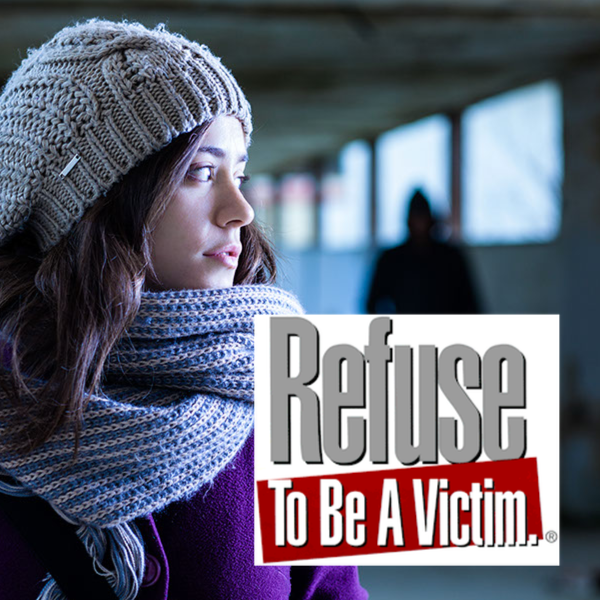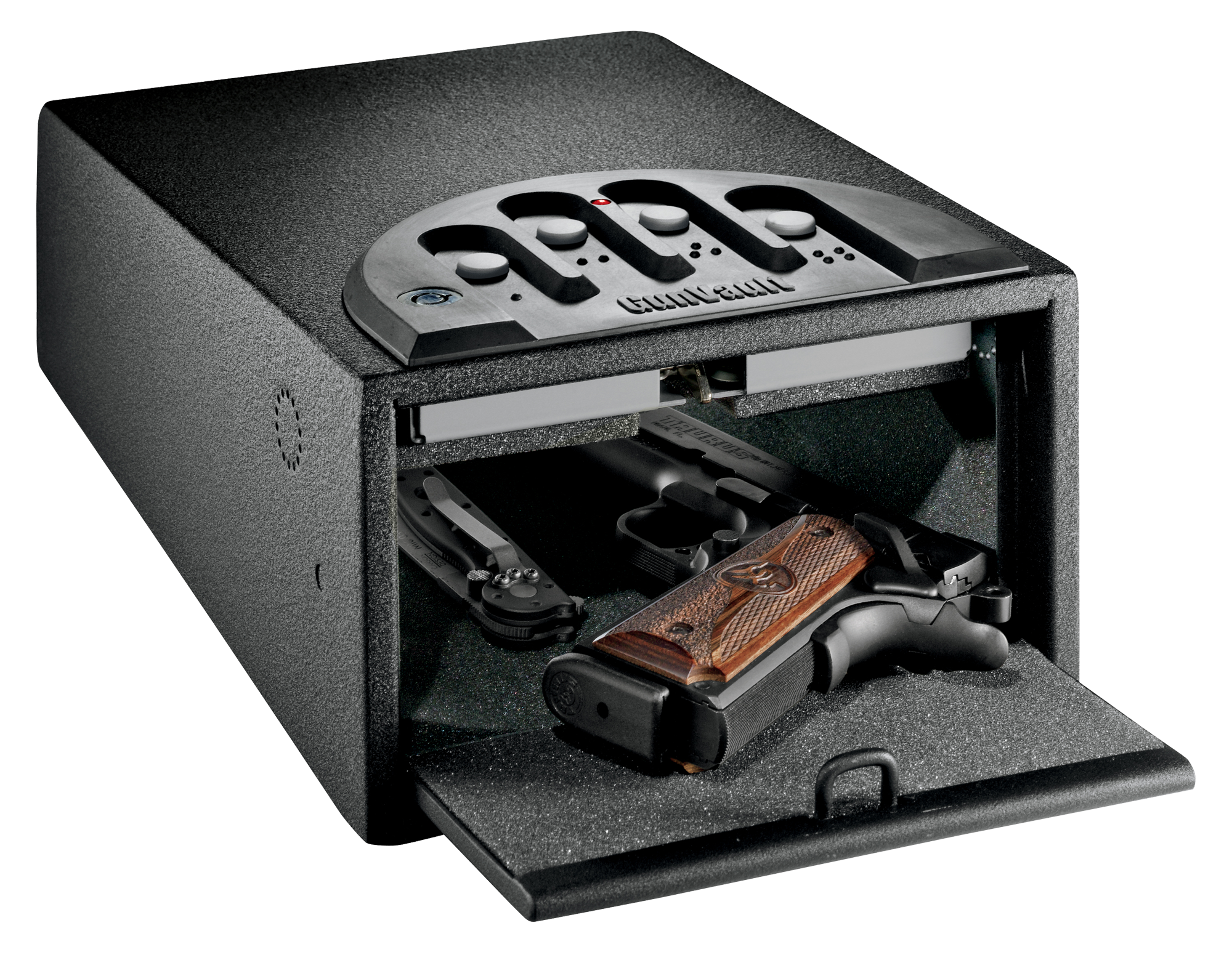

- Stay Alert! Keep your mind on your surroundings, who’s in front of you and who’s behind you. Don’t get distracted. Put away your cell phone when walking in public.
- Walk purposefully, stand tall, and make eye contact with people around you. Make yourself a “tough target.”
- TRUST YOUR INSTINCTS. If you feel uncomfortable in a situation, leave. If you think someone is following go to a safe public place.
- Try to use well-lighted and frequently used stops.
- Try to sit near the driver or conductor.
- Avoid sitting near exits. An attacker can reach in and grab a purse or jewelry as the bus or subway pulls away.
- Be alert to who gets off the bus or subway with you. If you feel uncomfortable, walk directly to a place where there are other people.
- Look in the elevator before getting in. Stand near the controls. If you’re attacked, hit the alarm and as many floor buttons as possible.
- Get off if someone suspicious enters. If you’re worried about someone who is waiting for the elevator with you, pretend you forgot something and don’t get on.
- Install and use good deadbolt locks in your doors (about half of all burglars enter through unlocked doors and windows).
- Secure sliding glass doors with locks or a rigid wooden dowel wedged in the track.
- Lock double-hung windows by sliding a bolt or nail into a hole drilled at a downward angle through the top of each sash and into the frame.
- Install a peephole or viewer in all entry doors so you can see who is outside without opening the door. Do not trust door chains. They can be easily broken.
- Don’t open the door to anyone you don’t know. Insist service personnel verify their identity before allowing them in.
- Do not hide house keys in mail boxes, planters, or under doormats.
- Do not put personal identification on key rings. Leave only your ignition key with mechanics or parking attendants.
- If you lose the keys to your home or move into a new home, change the locks immediately.


- Trim back shrubbery hiding doors or windows. Cut back tree limbs that could help a thief climb to second story windows.
- Make sure all porches, entrances, and yards are well lighted. Keep your garage door closed and locked.
- Maintain the neighborhood. Dark alleys, litter, and rundown areas attract criminals.
- Trash - Shred sensitive documents and papers containing account numbers, social security numbers, etc. Don’t display boxes from televisions, computers, and other big item purchases for thieves to see. Cut them up and hide them in the trash can or recycle bin.
- Make your home appear occupied when you go out. Leave lights on and the radio playing. Use timing devices to turn inside lights on and off.
- If you will be gone several days, arrange to have the mail and papers stopped or picked up. Request a vacation watch from our agency

- Don’t share your personal, financial or health plan information over the phone, through the mail, or over the Internet unless you have a trusted relationship with the requestor and you initiated the contact.
- Before you sell, give away or dispose of a laptop, computer or mobile device, get rid of all the personal information you have stored on it.
- Pick up your mail promptly and use a secure mailbox. Consider opting out of most prescreened offers of credit by calling 1-888-567-8688 or go to optoutprescreen.com. Those offers could be used by identity thieves who steal mail.
- Shred sensitive documents and papers containing account numbers, social security numbers, financial information, credit offers, or other personal information.
- Use different and strong passwords for each of your accounts – and then safeguard them.
- Use only one credit card for your online purchases. Do not use a debit card.
- Be wary of "Phishing" emails and text messages. Often these will attempt to impersonate your bank, a business, or organization indicating your account is compromised or you have won a prize. DO NOT open or respond to the email or text. Instead call you financial on the phone via a number you find on their website.

- Gun Safety is the responsibility of every adult, whether or not you own a firearm.
- Treat every firearm as if it is loaded. Never point a firearm in the direction of another person or yourself.
- Always secure your firearms. Use a locked safe and a gun lock. Never leave a firearm unattened.
- As an adult, you are responsible for properly securing your firearm. If another person is injured as a result of your negligence in properly securing a gun, you can be charged with a crime or be held civilly liable. If convicted, you could be fined or sentenced to time in prison.
- Children should know that guns are not toys, that guns are dangerous and can hurt people.
- If they see or find a gun (even if they think the gun looks like a toy), they should stay way from the gun, DO NOT touch it, and go find a trusted adult and tell them.